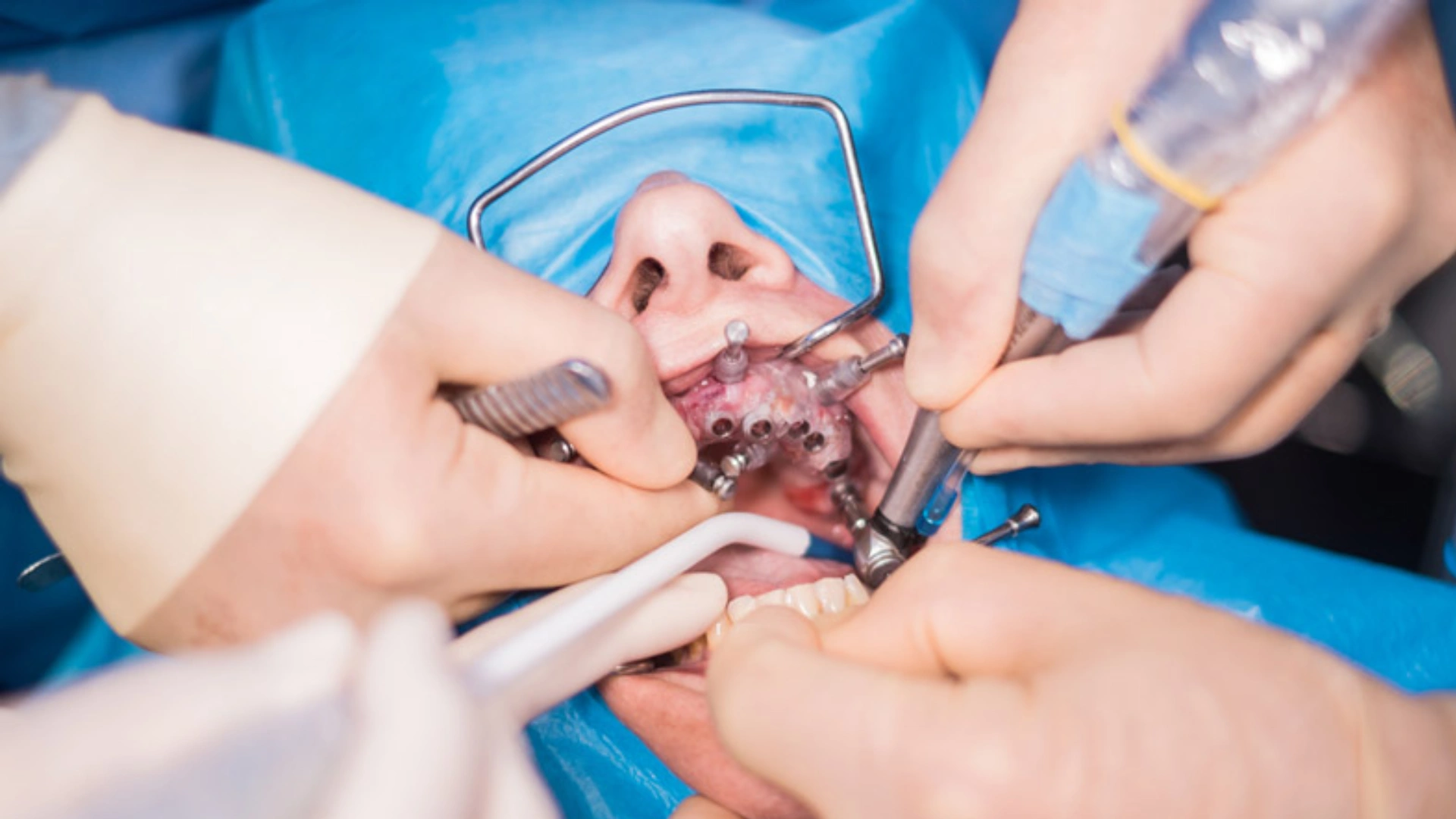Oral cancer has, for long, been related to tobacco and alcohol consumption, but recent findings by a ten-year study in Kerala have raised serious concern on the changing trend. A study conducted by the Head and Neck department at VPS Lakeshore Hospital in Kochi reveals that 57% of oral cancer patients in the region have no history of tobacco or alcohol use. This surprising trend underscores the urgency of broadening the scope of screening and research efforts to include individuals with no traditional risk factors.
Study Overview
The study was conducted between July 2014 and July 2024 on 515 patients who had undergone primary surgery for oral cancer at VPS Lakeshore Hospital. All the patients were diagnosed with oral cancer, but none of them had a history of tobacco or alcohol use, which is a deviation from the general trend of oral cancer development. The study involved patients diagnosed at both early and advanced stages, with 282 individuals diagnosed at an early stage and 233 at more advanced stages.
Significantly, 75.5% of the patients were males and the remaining 24.5% females. The study further showed a worrying trend regarding comorbidities; 58.9% of the patients had some existing health condition, and 30% suffered from multiple diseases. These results have further brought to the forefront the complexity of oral cancer and that the disease might be related to factors other than the more popularly identified causes of tobacco and alcohol intake.
According to Dr. Shawn T. Joseph, head and neck surgical oncologist at VPS Lakeshore Hospital, and lead author of the study: “oral cancer is not just a chewer’s or smoker’s disease anymore.” Such a revelation heralds a very important change in perspective on oral cancer risk and raises questions about other environmental, genetic, or lifestyle factors that may be playing a role in the increasing number of cases.
Tongue cancer was diagnosed in most patients (61%), followed by patients with buccal mucosa cancer at 19%. As the causes for these cancers cannot be specifically outlined, this research calls for the investigation of unorthodox risk factors such as lifestyle, environment, and genetic factors. In his speech, Dr. Joseph also reiterated that most oral cancers are curable if diagnosed in the early stages.
Early Detection
Early detection is an important characteristic in determining whether the patients with oral cancer leave the hospital alive or dead. It means that 54.7% of them were diagnosed early, thus enhancing the possibility of successful treatment and survival. However, that 45.3% of the patients were diagnosed at the advanced stage indicates a need for awareness or screening programs.
This is consistent with the fact that many of them had no history of tobacco or alcohol use. Thus, it goes to indicate that current guidelines for screening may be far from being sufficient, considering that the cases of oral cancer are on an increasing trend among individuals who do not have these habits. A new policy shift is, therefore, presently called for. At the same time, VPS Lakeshore experts urge including patients without habitual risks for early scanning before these transform to advanced and become fatal.
Comorbidity was observed in 58.9% of the patients, with 30% having two or more diseases, which may add complexity to treatment and management, and, thus, is of utmost importance that healthcare providers address the wider health context for patients diagnosed and treated for oral cancer. Co-managing comorbid conditions in addition to the cancer care would have an enormous impact on the patient outcome.
In light of these findings, doctors at VPS Lakeshore Hospital are demanding a policy change that would extend oral cancer screening programs to those without a history of tobacco or alcohol use. Early screening is crucial, especially as the study suggests that the risk of oral cancer is no longer limited to those with known risk factors. Involving a larger section of the population in screening may result in the early diagnosis and treatment of cases, saving many lives in the process.
ALSO READ: What Is The ABCDE Rule To Detect Cancer? Dermatologist Shares On Instagram























